In the field of dam operation and maintenance as well as safety protection, timely detection and understanding of the subtle deformations of the dam are crucial for preventing accidents such as cracking and collapse of the dam body. The dam GNSS deformation monitoring system, leveraging GNSS technology, can accurately capture the dam's displacement, settlement and other deformation conditions during operation, providing reliable data support for dam safety management.
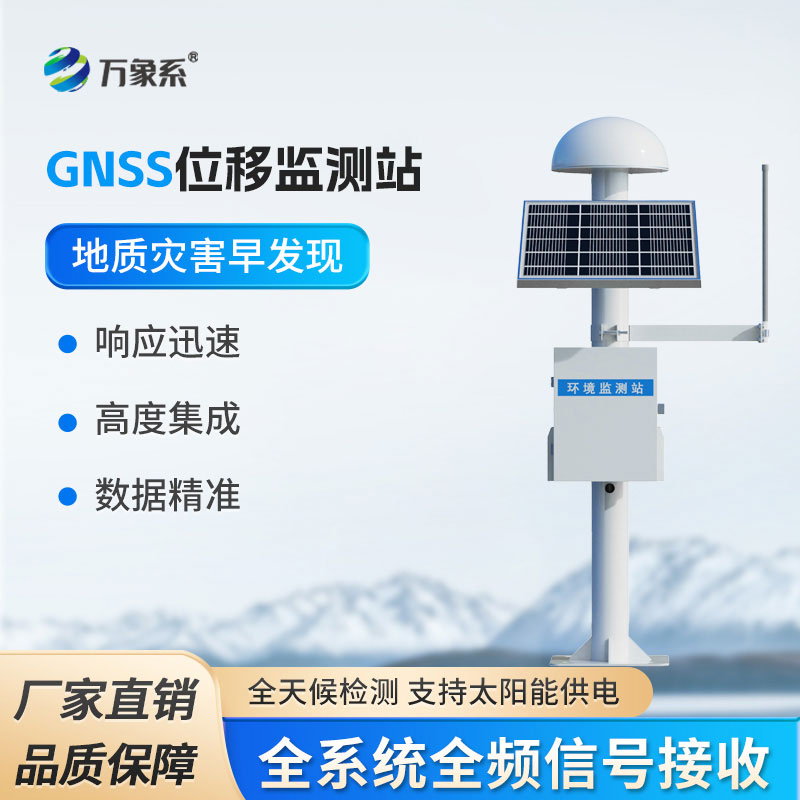
The most core advantage of the WX-WY1 Dam GNSS Deformation Monitoring System is its "high-precision capture of minute deformations". It can detect millimeter-level or even smaller displacement changes in the dam, accurately recording any slight settlement caused by water level changes or subtle stretching due to temperature differences. Unlike traditional monitoring methods that can only detect obvious deformations and often only identify issues when safety hazards already exist, this system's acute sensitivity to minute deformations enables staff to identify problems at the nascent stage of risk, providing ample time for subsequent reinforcement and maintenance, and ensuring the safety of the dam from the source.
The real-time monitoring feature meets the dynamic safety management requirements of dams. The deformation of dams can change dynamically due to factors such as water level, temperature, and geological conditions, and may show abnormal fluctuations in a short period of time. This system can monitor continuously 24 hours a day, transmitting deformation data in real time. Staff can check the deformation dynamics of the dam at any time through the management platform without waiting for regular manual inspection reports. Once the deformation data exceeds the safety range, an immediate warning can be triggered to avoid missing the best handling opportunity due to data lag, ensuring that the operation of the dam is always under control.
One of its major highlights is the ability to operate without being disturbed by complex environments. The environment where the dam is located is often accompanied by strong electromagnetic fields, severe weather, and complex terrain, among other interfering factors. Traditional monitoring equipment is easily affected, leading to data deviations. The dam GNSS deformation monitoring system has a strong anti-interference capability. Whether it is severe weather such as heavy rain and lightning, or electromagnetic interference from surrounding industrial equipment, it can work stably without interruption of monitoring or data distortion due to environmental factors. This ensures the accuracy and continuity of deformation data, providing a reliable basis for dam safety assessment.
Article address:
http://www.qxhjjc.com/en/newcen/1774.html

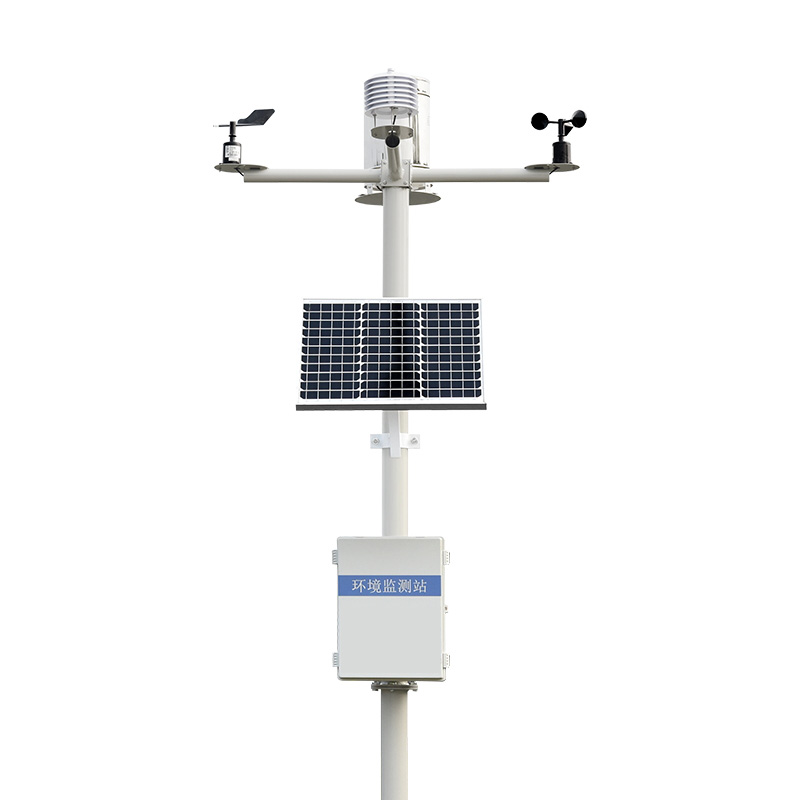
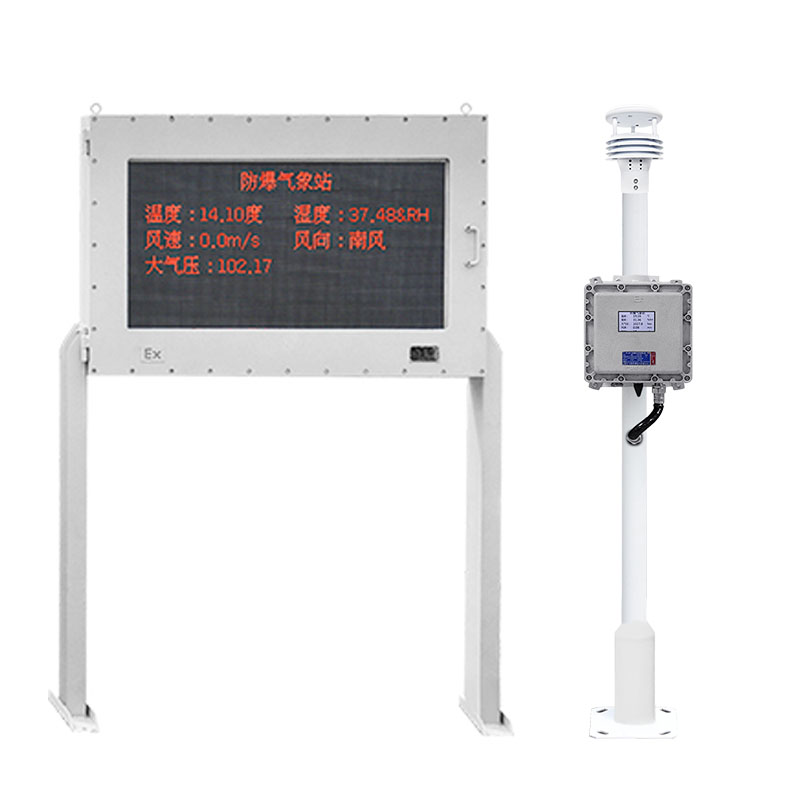
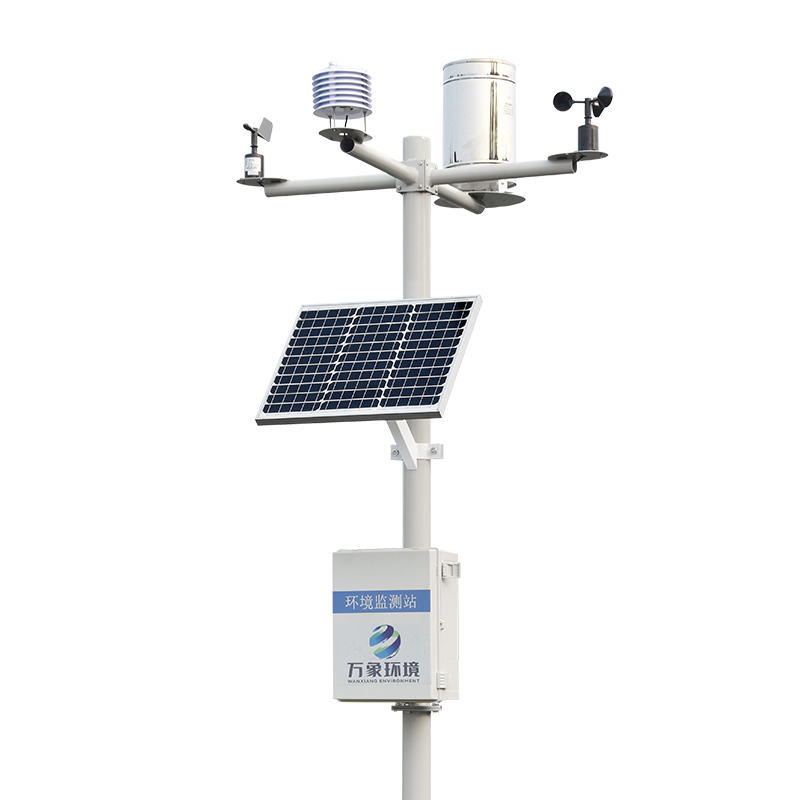
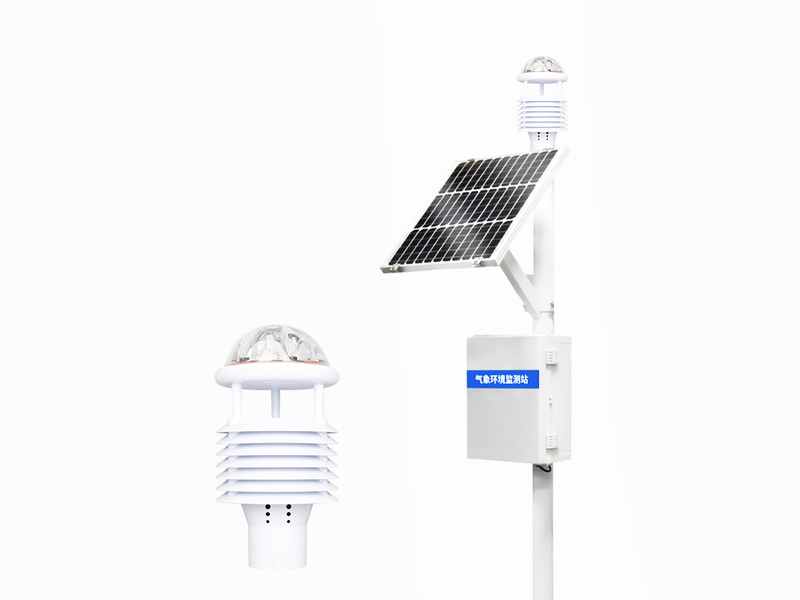
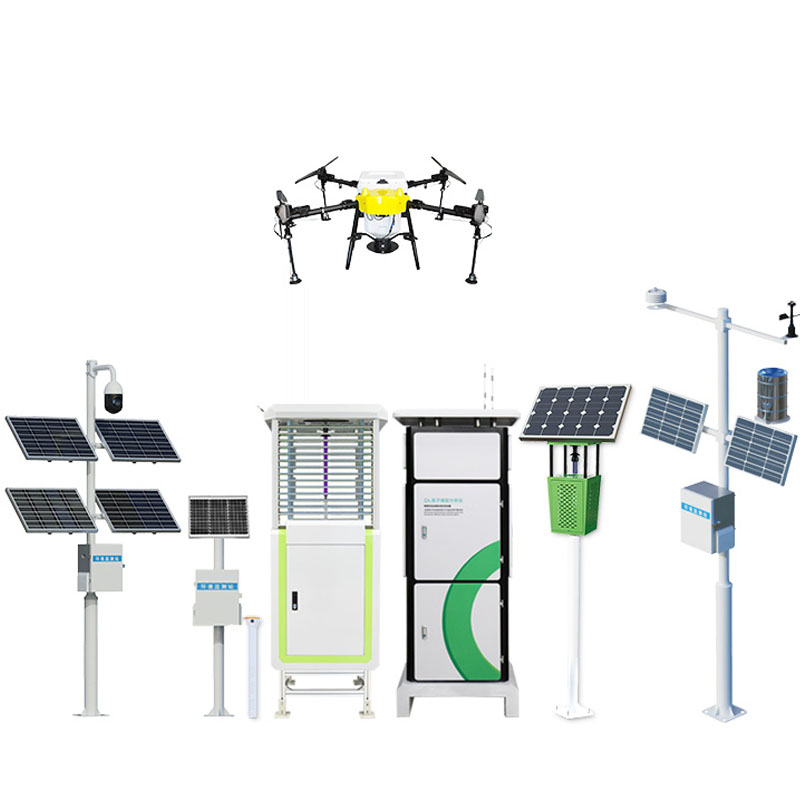






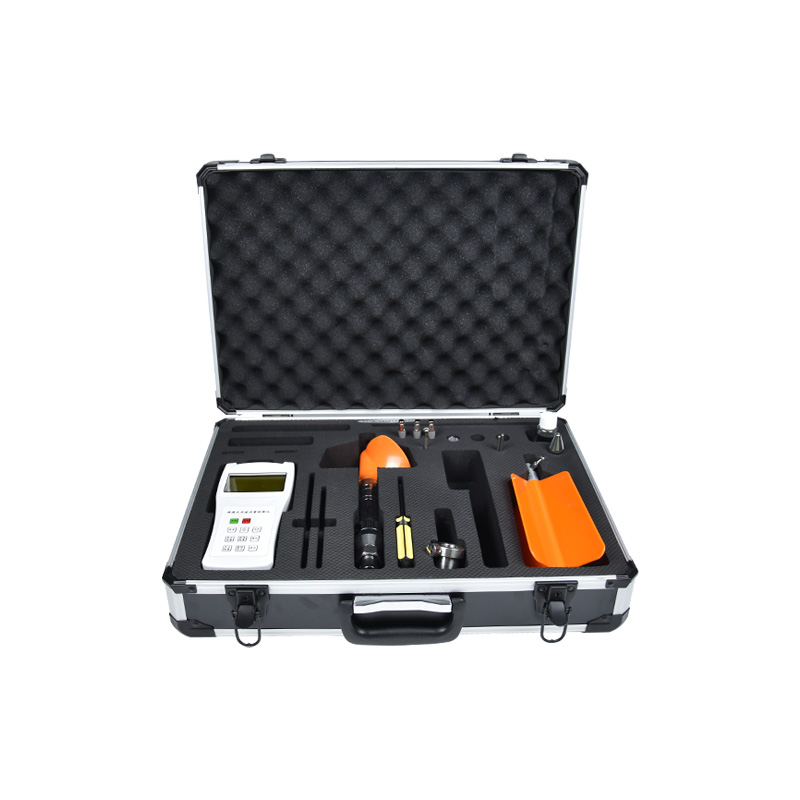
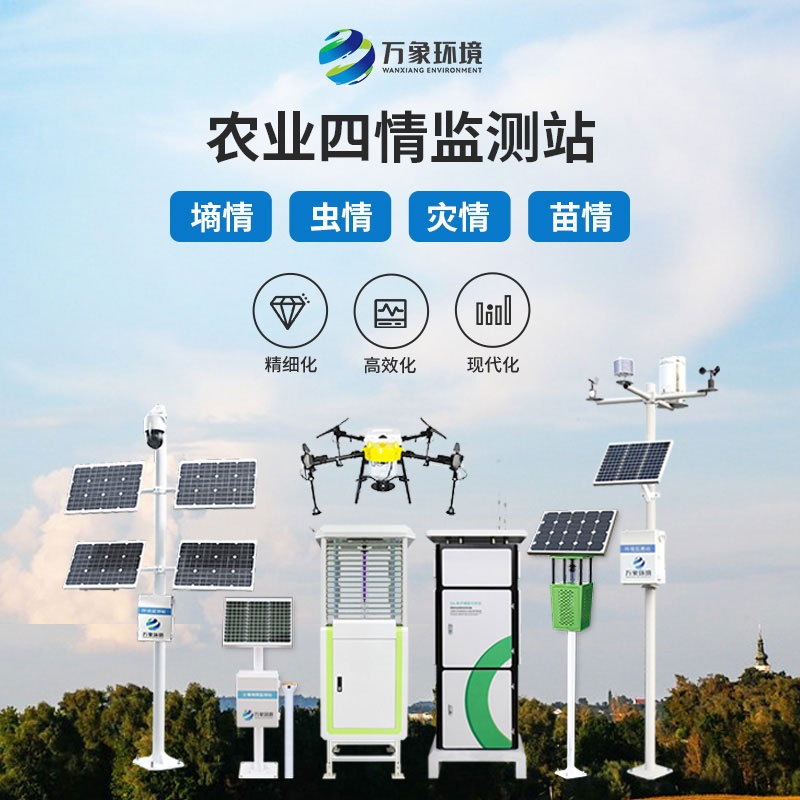
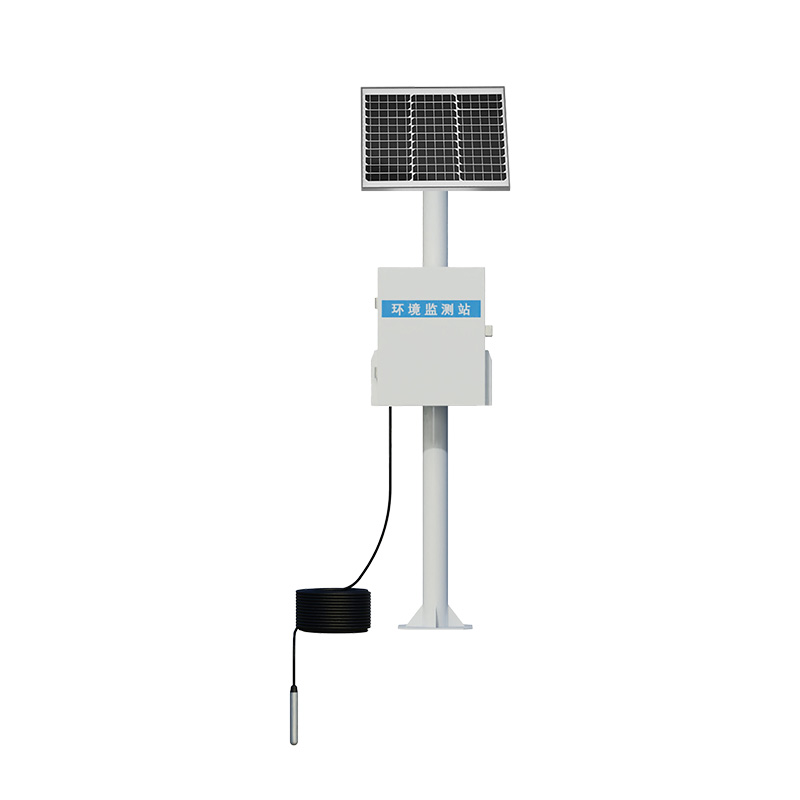
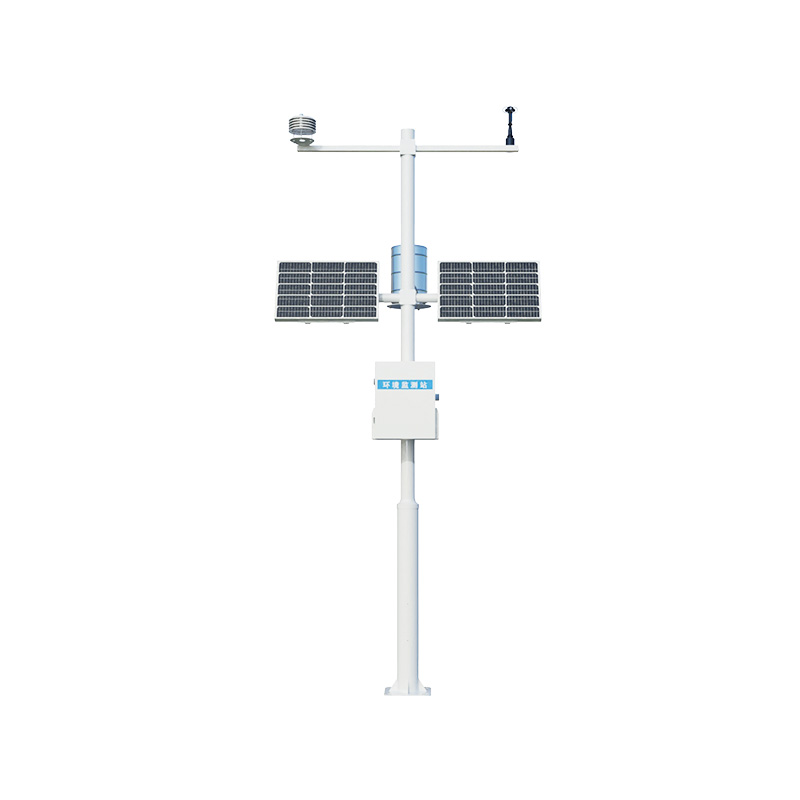


 Home
Home phone
phone Product Overview
Product Overview Contact Us
Contact Us